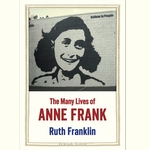LBI Book Club, Vol. XI: Heinrich Heine
Part 2
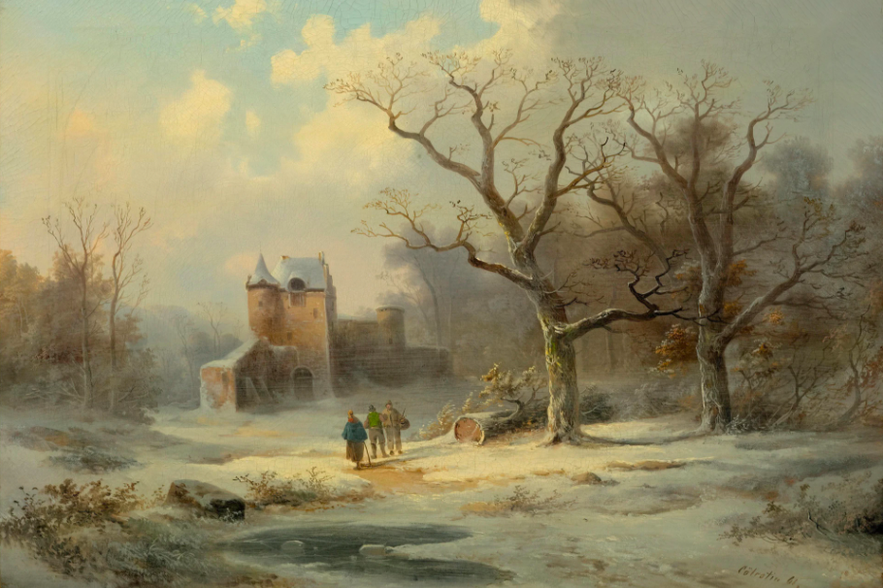
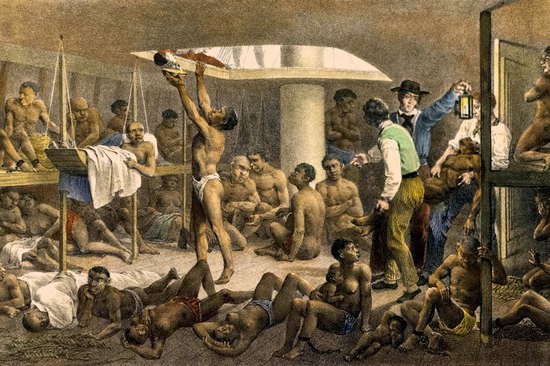
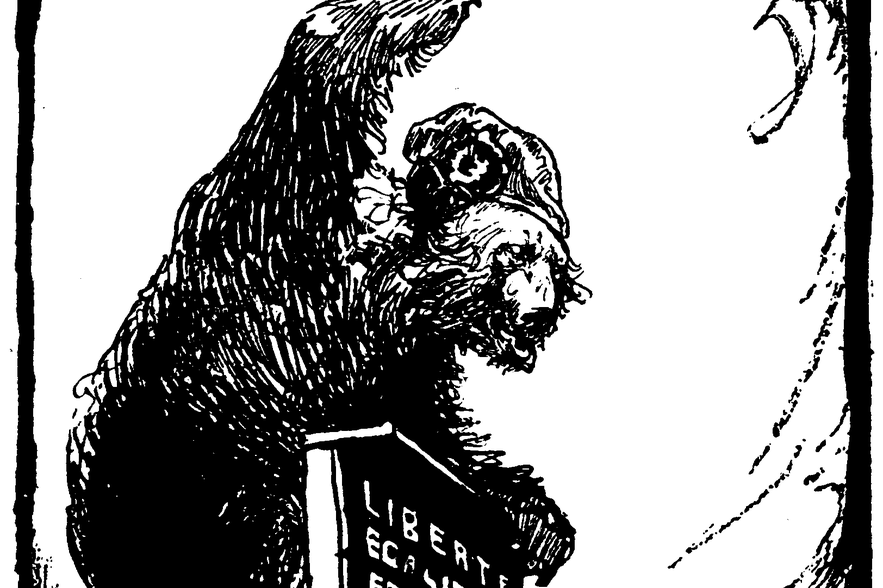
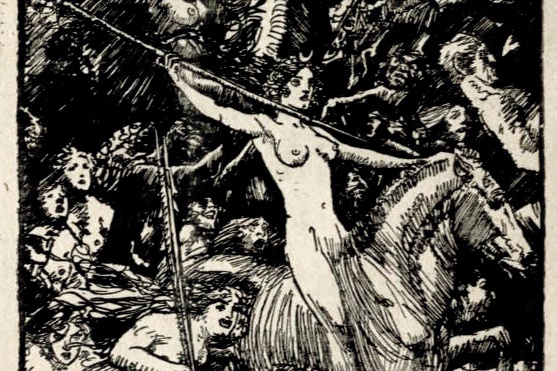
- Date/Time
- –
- Format
- Online
For our continued discussion of Heinrich Heine we will read The Harz Journey from the collection The Harz Journey and Selected Prose. Most of us probably already have this book from our first session. We are reading only The Harz Journey, not the entire book.
There are a number of epic poems and shorter poems we will be reading. All of them can be found here. The first two pieces are epic poems, "Atta Troll: A Summer Night's Dream", and "Germany: A Winter's Tale." The others, "The Slave Ship" (considered the first German anti-slavery poem), as well as "For the Mouche" (considered Heine's last poem) are both shorter. All the poems can be found in the shared folder.
Author
Heinrich Heine (1797-1856) is perhaps the best known of Germany's poets. Born into a Jewish family in Düsseldorf, he made a name for himself in the world of literature, but he was more than poems and poetry. His life also involved philosophy and what was considered at the time radical political thought. Heine moved to Paris and remained there, exiled from a Germany he both loved and despised.
Guest Scholar
We are happy to have George Prochnik return to us for our Heine club meetings. Prochnik's latest work, published last November, is Heinrich Heine: Writing the Revolution. His biography of Stefan Zweig, The Impossible Exile: Stefan Zweig at the End of the World, received the National Jewish Book Award for Biography/Memoir in 2014 and was short-listed for the Wingate Prize in the United Kingdom. His book Stranger in a Strange Land: Searching for Gershom Scholem and Jerusalem, published in 2017, was also short-listed for the Wingate. Prochnik is also the author of In Pursuit of Silence: Listening for Meaning in a World of Noise (2010), and Putnam Camp: Sigmund Freud, James Jackson Putnam, and the Purpose of American Psychology (2006). He has written for The New Yorker, New York Times, Bookforum, and Los Angeles Review of Books, and is editor-at-large for Cabinet magazine.
Other Readings
A poet whose verse inspired music by Schubert, Schumann, Mendelssohn and Brahms, Heinrich Heine (1797-1856) was in his lifetime equally admired for his elegant prose. This collection charts the development.
Secondly, you also might be interested in reading George Prochnik's new book about Heinrich Heine. It is available here. Of course, this is not required–only if you are interested in going further into his life and work.
